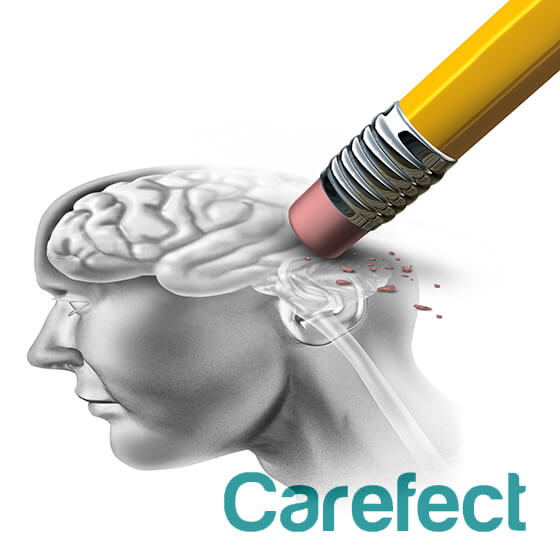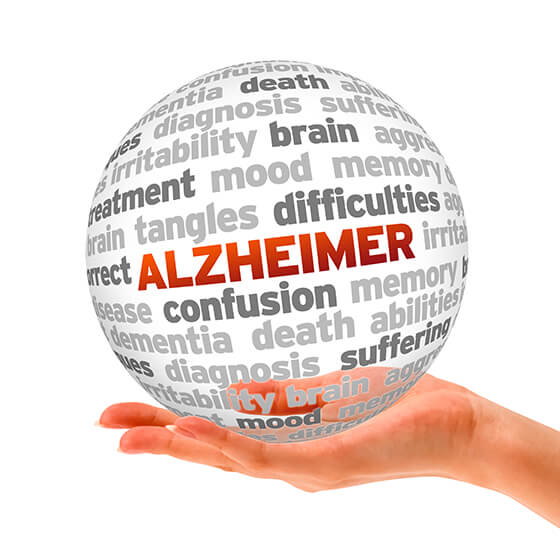Medical Conditions and Injuries That Could Be Mistaken for Alzheimer’s Disease
Due to the complexity of the cognitive effects of Alzheimer’s disease, it is a condition that can be challenging to document and assess accurately. Since many medical conditions mimic Alzheimer’s disease, it can present an issue for families and caregivers who are trying to document and gather evidence for their primary family physician. The mimicry of these conditions is due to their relationship with the brain, and the complexity of brain-related injuries and conditions. The following are examples of medical conditions and injuries that can seem like Alzheimer’s disease. Delirium...Read More




